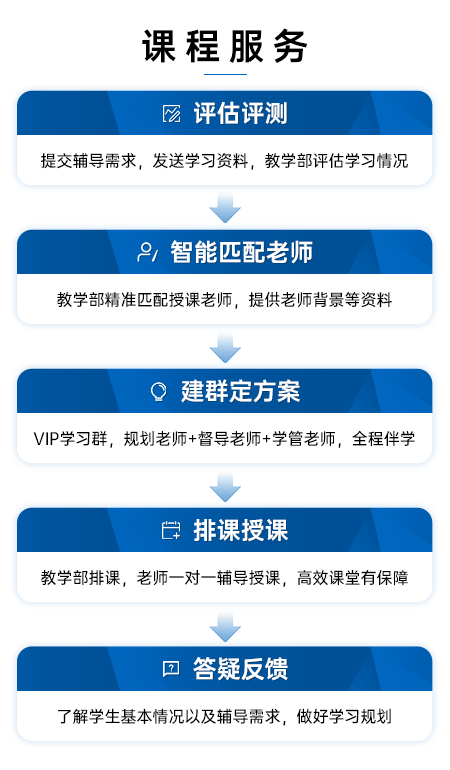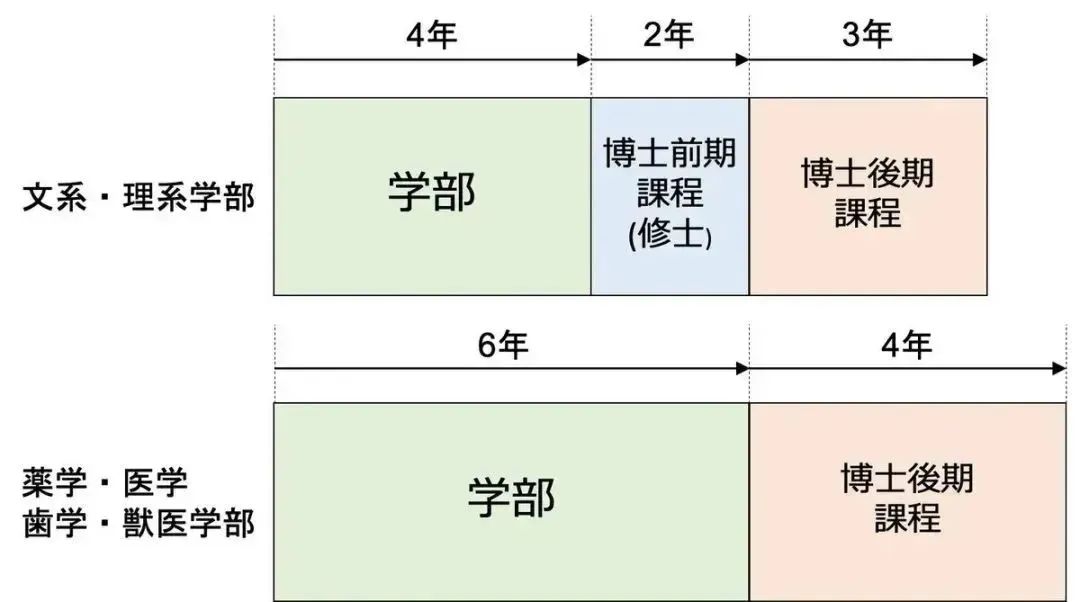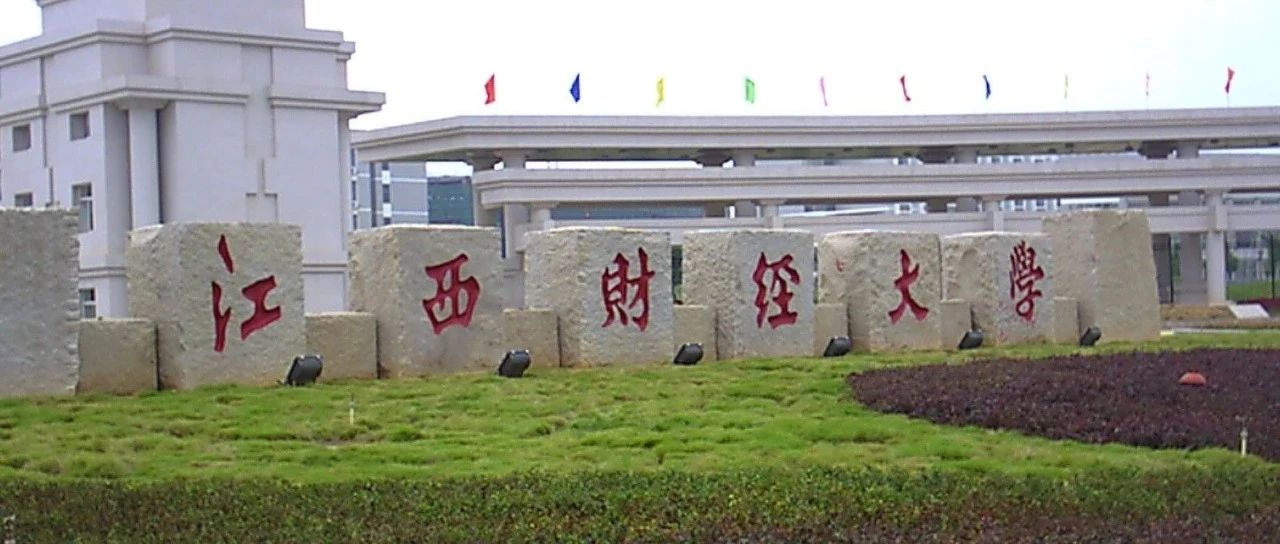本期为大家推荐苏黎世大学、隆德大学最新2024岗位制博士项目信息。
苏黎世大学
PhD in Biomedical Data Science and Bioinformatics
University of Zurich|Department of Quantitative Biomedicine, Medical Informatics
About the Project
The Krauthammer Lab is looking for a PhD candidate to expand our multinational research team of bioinformaticians and data scientists at the University of Zurich working on cutting-edge translational research problems.
Your responsibilities
The main project that the candidate will be responsible for (and which provides funding for the position) concerns the multimodal data analysis in colorectal cancer (clinical records and multiomics). The candidate is expected to contribute to other ongoing projects with regard to machine learning in genomics and bioinformatics.
Your profile
Required skills:
- Expert knowledge in at least one programming language
- Basic knowledge of tumor genomics
- Basic knowledge in machine learning and openness to learn more
- Fluency in English
- Experience in working with large datasets on high-performance computing clusters
Preferred skills:
- Experience with NGS analysis and with bioinformatic tools
- Proficient in Python and the scientific computing stack (SciPy, Numpy, Scikit- learn, pandas)
- Familiarity with methods integrating multiple genomic modalities (e.g. epigenetics and transcriptomics)
- Proficient in one of the deep learning frameworks (PyTorch, Tensorflow, or Jax)
- Basic understanding of Generative ML models (i.e. Diffusion model, VAE, autoregressive language model, GAN, etc.)
隆德大学
Doctoral student in Energy Sciences - COMPEL focusing on grid integration of batteries
Lund University | Faculty of Engineering
APPLICATION DEADLINE:04.Aug.2024
About the Project:
Project description
Batteries can be integrated at different levels of the electricity grid, such as generation, transmission, distribution, or end-use. Depending on the level and location of integration, batteries can have different impacts and benefits for the electricity system and the stakeholders involved. For example, batteries at the generation level can help renewable energy producers to increase their revenues and reduce their curtailment, while batteries at the end-use level can help consumers (as well as prosumers) to reduce their electricity bills and increase their resilience.
Some of the uses for integrating batteries in electricity grids include:
- Balancing grid supply and demand
- Peak shaving and price arbitrage opportunities
- Storing and smoothing renewable generation
- Deferring large infrastructure investments:
- Reducing end-use consumer demand charges
- Back-up power
Work duties
The main duties of doctoral students are to devote themselves to their research studies which includes participating in research projects and third cycle courses. The work duties will also include teaching and other departmental duties (no more than 20%).
The reserach may include:
- Techno-economic, environmental, and social analysis of the benefits of integration of batteries on different levels in the electricity system (for example possible applications to support services to maintain frequency in the electricity grids)
- Potential studies of user flexibility enabled by the use of batteries.
- Specific case studies with local actors involving the use of batteries.
- Possibilities of second life of batteries
The PhD student will be involved as a teaching assistant in two courses about energy systems and/or energy markets and/or batteries.
Admission requiremens
A person meets the general admission requirements for third-cycle courses and study programmes if the applicant:
- has been awarded a second-cycle qualification,or
- has satisfied the requirements for courses comprising at least 240 credits of which at least 60 credits were awarded in the second cycle,or
- has acquired substantially equivalent knowledge in some other way in Sweden or abroad.
A person meets the specific admission requirements for third cycle studies in Energy Sciences if the applicant has:
- at least 90 credits in the subject of the third cycle programme, of which at least 60 credits are from second-cycle courses of relevance to the subject and 30 credits from a second-cycle degree project of relevance to the subject
- a Master's degree of relevance to the field
Additional requirements:
- Very good oral and written proficiency in English.
- Good oral and written proficiency in a Scandinavian language due to the fact that the work involves integration with local cooperation partners.
Assessment criteria
Selection for third-cycle studies is based on the student’s potential to profit from such studies. The assessment of potential is made primarily on the basis of academic results from the first and second cycle. Special attention is paid to the following:
- Knowledge and skills relevant to the thesis project and the subject of study.
- An assessment of ability to work independently and to formulate and tackle research problems.
- Written and oral communication skills.
- Other experience relevant to the third-cycle studies, e.g. professional experience.
Other assessment criteria:
- Knowledge of the nordic energy markets Experience with technoeconomical calculations
- Ability to communicate with researchers in other research fields.
Consideration will also be given to good collaborative skills, drive and independence, and how the applicant, through experience and skills, is deemed to have the abilities necessary for successfully completing the third cycle programme.
How to apply
Applications shall be written in English and include a cover letter stating the reasons why you are interested in the position and in what way the research project corresponds to your interests and educational background. The application must also contain a CV, degree certificate or equivalent, and other documents you wish to be considered (grade transcripts, contact information for your references, letters of recommendation, etc.).
以上就是本期分享的所有内容了。















